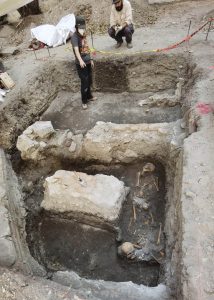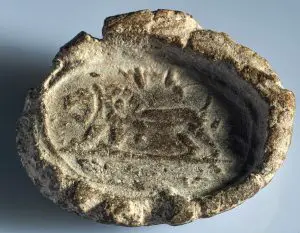Ancient Greeks kept their estates and farmlands together by arranging for first cousins to marry each other, a new study has revealed.
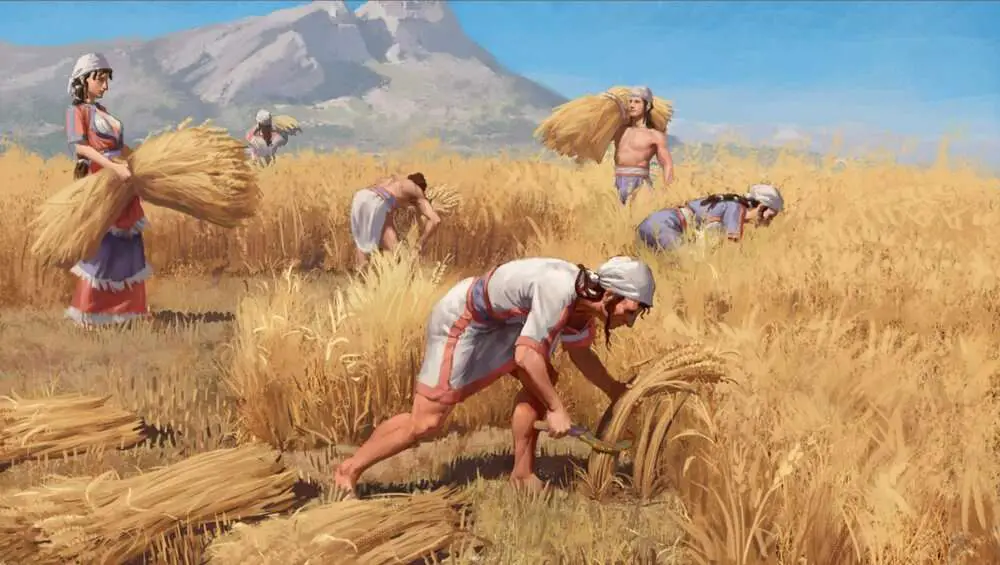
Scientists from the Max Planck Institute for Evolutionary Anthropology in Leipzig, Germany, were shocked when they discovered that such weddings were customary in the Aegean Bronze Age in Mycenaean Greece.
Lead author of the study Eirini Skourtanioti said in a statement obtained by Newsflash: “More than a thousand ancient genomes from different regions of the world have now been published, but it seems that such a strict system of kin marriage did not exist anywhere else in the ancient world.
“This came as a complete surprise to all of us and raises many questions.”
Archaeologist and one of the study’s lead authors Philipp Stockhammer added: “Maybe this was a way to prevent the inherited farmland from being divided up more and more?
“In any case, it guaranteed a certain continuity of the family in one place, which is an important prerequisite for the cultivation of olives and grapes, for example. “
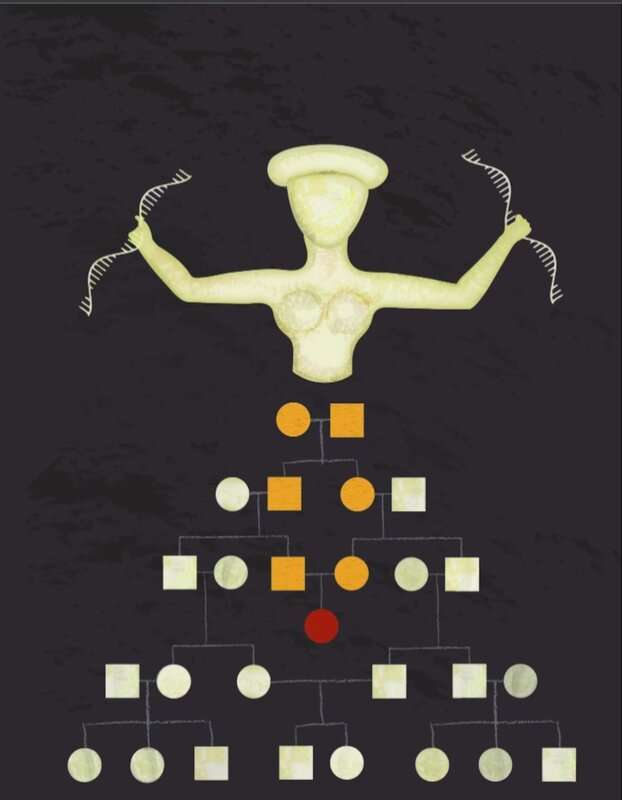
For the purposes of the study the research team analysed more than 100 genomes dating back 4,000 years from the Aegean region.
They reportedly managed to reconstruct the kinship of a 16 century BC house’s inhabitants from a settlement in Crete, thus genetically remodeling the first family tree for the whole ancient Mediterranean region.
Further analysis revealed that some of the family’s male descendants still lived with their parents in their adult years.
And wives who married into their houses reportedly brought their sisters into the family.
Stockhammer thanked the Greek experts who took part in the study and said: “Without the great cooperation with our partners in Greece and worldwide, this would not have been possible.”
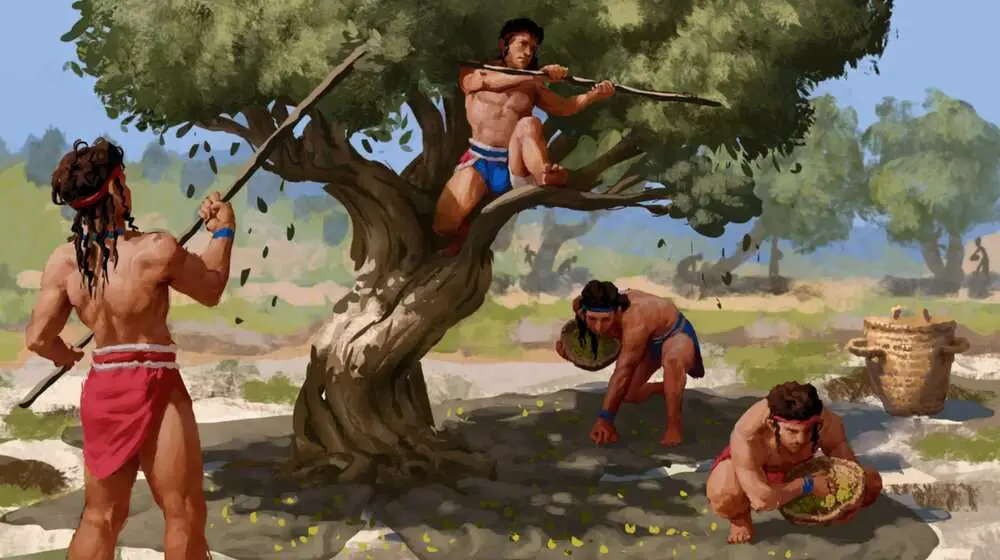
Skourtanioti added: “What is certain is that the analysis of ancient genomes will continue to provide us with fantastic, new insights into ancient family structures in the future.”


